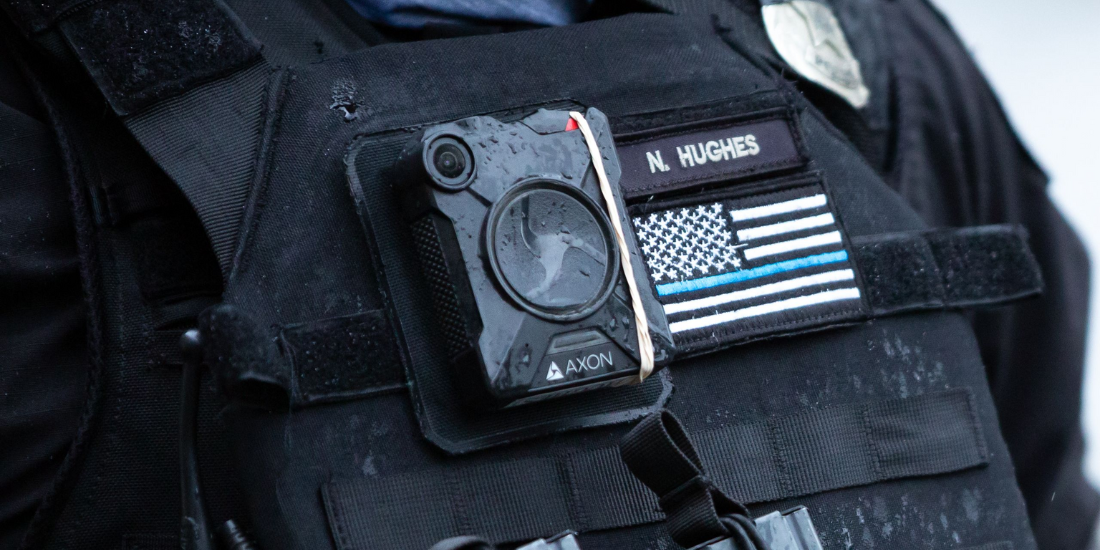Imagine your rights or credibility are on the line, and the evidence you need is locked away in a police body-worn camera recording. For Antonio Fuster and Brianna Devine, this was their reality. After Fuster accused an adult male relative of sexually assaulting his special-needs child, he reported the incident to the police, where his statement was recorded on a body-worn camera. When discrepancies arose in the police report, Fuster sought access to the video but was repeatedly denied.
This fight for government transparency resulted in a groundbreaking New Jersey Supreme Court decision in Fuster v. Township of Chatham. The Court ruled that individuals, especially those involved in incidents captured on body-worn cameras, have the right to access such footage under the Open Public Records Act (OPRA).
Understanding OPRA and Access to Public Records
New Jersey’s Open Public Records Act (OPRA) ensures government transparency by giving individuals access to records like police reports and body-worn camera footage. However, not all records are readily available, and while exemptions exist to protect privacy, safety, and law enforcement operations, the Courts have repeatedly overruled government restrictions to public access over the years.
The Supreme Court’s decision in Fuster underscores that individuals involved in incidents recorded by police cameras have the right to access this footage, even if law enforcement initially denies such requests.
The Case: A Fight for Justice
Fuster’s case arose after he reported allegations of sexual assault against his special-needs child to the Chatham Township Police Department. His interview and statements were recorded on a body-worn camera. When the police report allegedly failed to accurately reflect his account, Fuster and Devine requested the footage to verify what was actually said.
Shockingly, their OPRA requests were denied, with the police citing the accused relative’s privacy as their basis. Lower courts upheld these denials, relying on case law that protects the confidentiality of individuals not arrested or charged. However, the New Jersey Supreme Court reversed these rulings, emphasizing that OPRA does not grant blanket confidentiality for such records. Individuals directly involved in incidents have a right to access body-worn camera footage unless a more specific legal exemption applies.
Your Right to Police Records: Why This Matters
This decision is a powerful victory for individuals seeking accountability and justice. If you are the subject of a police body-worn camera recording, this case affirms your right to access that footage. Whether you need it to challenge an inaccurate police report, defend yourself against false accusations, or hold law enforcement accountable, you have a legal right to obtain the records critical to your case.
Additionally, if body-worn camera footage is being used against you in any way—such as in a criminal investigation or civil dispute—you likely have the right to review it. Transparency is essential in ensuring fair treatment and accountability in interactions with police, and this decision strengthens that principle.
Practical Steps for Accessing Police and Government Records
If you are involved in an incident and want access to body-worn camera footage, police reports, or other government records, here’s what you should know:
· Understand Your Rights: As this case shows, individuals are entitled to records that directly involve them, particularly under OPRA.
· Be Clear in Your Request: When submitting an OPRA request, specify exactly what you are seeking, such as body-worn camera footage or related police records.
· Know the Law: Agencies may deny requests, citing exemptions like privacy or ongoing investigations, but these denials can be challenged in certain cases.
· Seek Legal Help If Denied: If your request is denied, consult an experienced attorney to fight for your access.
Whether you are seeking body-worn camera footage, police records, or other public documents, having the right legal team by your side guiding you in the process can make all the difference.
At Semeraro & Fahrney, LLC, we assist individuals in navigating these processes and ensure their rights are protected. Whether you are seeking body-worn camera footage, police records, or other public documents, having the right legal team by your side guiding you in the process can make all the difference.
If you’ve been involved in an incident and need access to police or government records, or if you’re struggling with a denied OPRA request, Semeraro & Fahrney, LLC is here to help. Contact us today to discuss your case and learn more about how we can protect your rights and interests.









